Sworn to Secrecy: Secrets of War Japan: The Invasion That Never Was (1998– ) Online
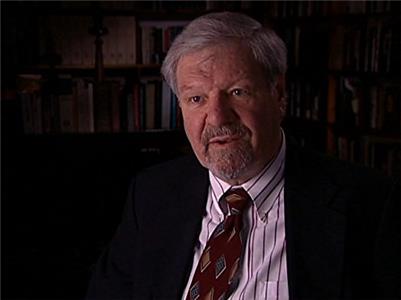
- Original Title :
- Japan: The Invasion That Never Was
- Genre :
- TV Episode / Documentary / War
- Year :
- 1998–
- Cast :
- Charlton Heston,Carl Boyd,Katsuhiro Hara
- Writer :
- William F. Northrop
- Type :
- TV Episode
- Time :
- 1h
- Rating :
- 6.5/10
The secret US plan for the invasion of Japan was shrouded in secrecy. It was anticipated to be the most horrific battle of the war with hundreds of thousands of casualties. New revelations detail manipulated casualty figures and secret plans to stockpile gas weapons as the US prepared for "hell on earth."
| Episode cast overview: | |||
| Charlton Heston | - | Himself - Narrator (voice) | |
| Carl Boyd | - | Himself - Author 'Hitler's Japanese Confidant' (as Professor Carl Boyd) | |
| Katsuhiro Hara | - | Himself - Author / Historian | |
| Larry I. Bland | - | Himself - Editor, George C. Marshall Papers (as Dr. Larry Bland) | |
| Norman Polmar | - | Himself - Co-Author 'Code Name: Downfall' | |
| Thomas B. Allen | - | Himself - Co-Author 'Code Name: Downfall' (as Thomas Allen) | |
| Sheldon H. Harris | - | Himself - Author 'Factories of Death' (as Sheldon Harris) | |
| John Moon | - | Himself - Professor of History Emeritus, Fitchburg State College (as John Ellis van Courtland Moon) | |
| David Hatch | - | Himself - Director, Center for Cryptologic History (as Dr. David Hatch) | |
| Joseph E. Persico | - | Himself - Roosevelt and Espionage Historian |
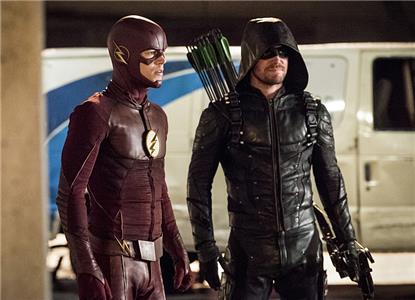
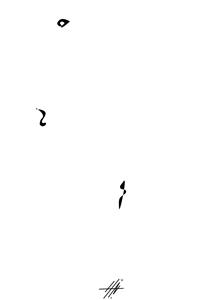
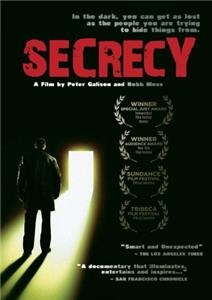
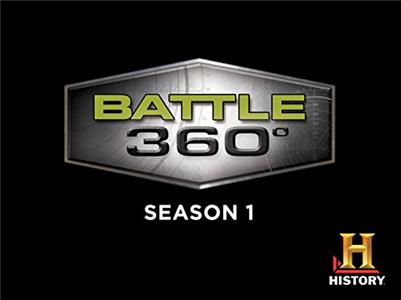
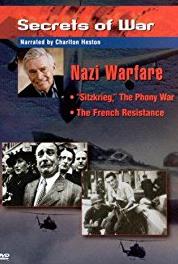
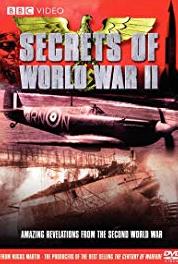

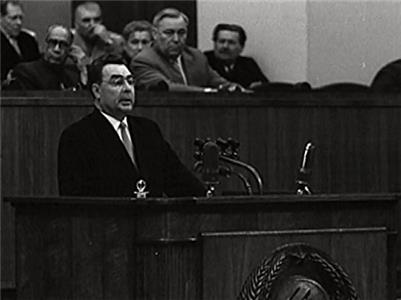
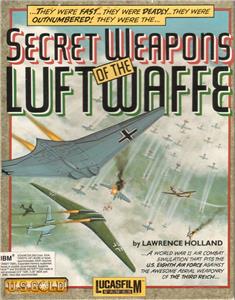
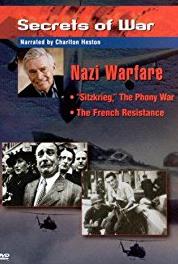
User reviews